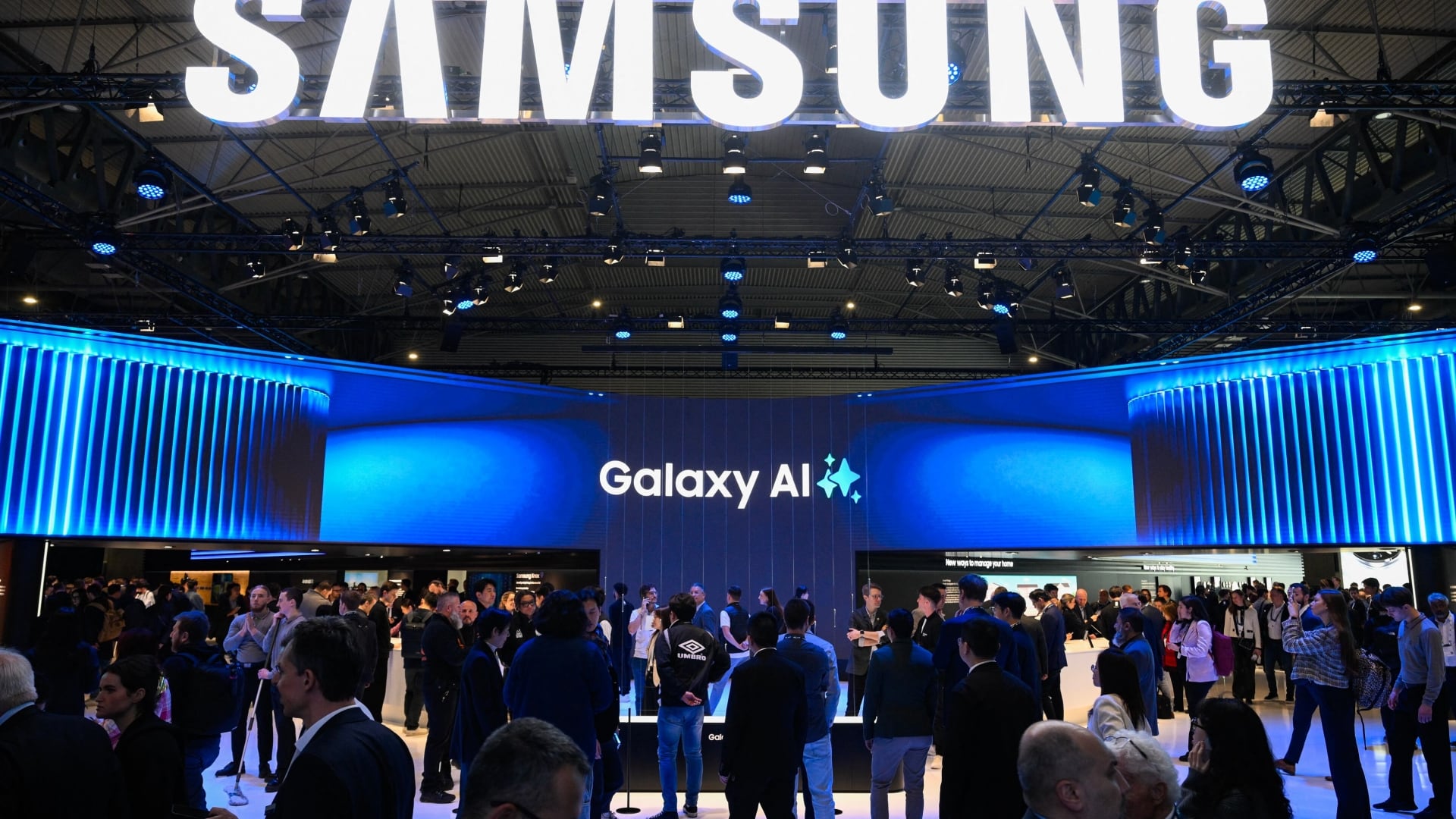Adidas is withdrawing its challenge to a Black Lives Matter trademark application featuring three parallel stripes, two days after it contested the image with the U.S. Trademark Office.
Adidas submitted a notice of opposition with the office Monday, saying in the filing that it took issue with Black Lives Matter Global Network Foundation's application to trademark the use of three parallel yellow stripes on various items such as clothing and bags.
The company said that it felt that if Black Lives Matter was allowed to use the stripes, it would be “confusingly similar” to its usage of a three-stripe mark, something it had been using on its own merchandise since at least 1952.
By Wednesday, Adidas said it had changed its mind.
“Adidas will withdraw its opposition to the Black Lives Matter Global Network Foundation’s trademark application as soon as possible,” the German athletic gear company said in a prepared statement.
It did not provide any further details as to why it was withdrawing the application.
Adidas has vociferously protected its triple-stripe trademark for years. In January fashion designer Thom Browne emerged from a New York courthouse victorious over Adidas in a battle over signature stripes. In that case, Adidas had similarly argued that the striped designs used by Thom Browne Inc. were too similar to its own three stripes. The Manhattan federal court jury sided with Browne.








